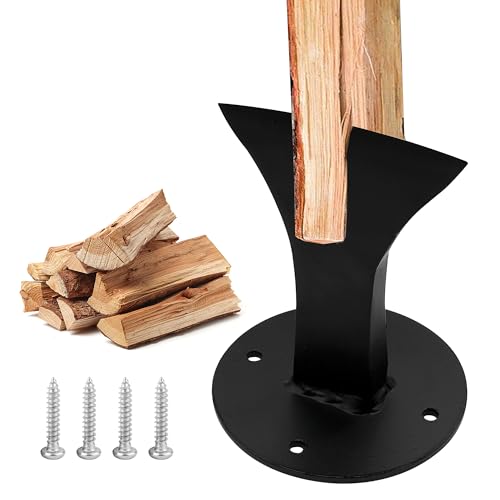Tree Machine
Addicted to ArboristSite
I'm not an enviro Nazi, but I love recycling. Everything I can, including 100% of the tree waste from my tree biz. It all gets processed for reuse, nothing hits the landfill.
It's not difficult if you shift and make it a lifestyle. I haven't been to a landfill in 9 years, and that one was a termite issue. Veggie oil keeps your sawdust and chips 'organic', the eventual soil it becomes is not tainted.
I drive an SUV, so I'm not really part of that solution, I just try to not be wasteful.
It's not difficult if you shift and make it a lifestyle. I haven't been to a landfill in 9 years, and that one was a termite issue. Veggie oil keeps your sawdust and chips 'organic', the eventual soil it becomes is not tainted.
I drive an SUV, so I'm not really part of that solution, I just try to not be wasteful.























































